Different Culture’s Definitions Of Beauty
What does beautiful look like to you?
February 4, 2018
In the United States, we see our national standard of beauty everywhere, in magazines, on television, at stores. And just as we have a unique cultural perception of beauty, so do other cultures and other peoples. Here are 15 things unique other cultures perceive as attractive.
1. Face Tattoos:
Tattooing the chin and lips of Māori women of New Zealand is considered beautiful. This tradition has been around for centuries, and consists of patterns called Ta-Mako in black or dark blue ink on the woman’s face. Ta-Mako tattoos are also a public declaration of one’s membership in the Māori tribe.
2. Henna:
While Henna has become popular in the United States, it originated in India, and is a form of temporary body art. Indian women wear Henna on their wedding day, and during certain religious festivals as a form of decoration and beauty. Henna also indicates a higher social standing for Indian women.
3. Foot Binding:
Despite being ban in the 1940’s, foot binding was a huge part of Chinese culture. The process of foot binding included breaking all of the toes and bending them backwards against of the sole of the foot, and then binding them in place with a tight fabric wrapping. The result was small and petite feet which is considered highly attractive in China.
4. Lip Plates:
Lip plates are common accessories for women of the Mursi tribe in Ethiopia. Usually, the woman’s top or bottom two front teeth are removed to accommodate the lip plate, which is out in during the teenage years and gradually gets larger. The larger the lip plate, the more attractive the women is considered.
5. Heart Shaped Faces:
In South Korea, the current rage is undergoing plastic surgery to make one’s face appear more heart shaped. This procedure involves breaking the jaw bone into three parts, removing the middle part, and fusing the other two together to create a pointed chin. This face shape is seen as the most beautiful facial structure on South Korean women.
6. Yaeba:
In recent years, Japanese women have been hit with a craze for crooked teeth, called Yaeba, which translate to “Double Tooth.” Women will go to orthodontists to have extensive work done to make one’s teeth look more crooked and uneven. This is supposed to make women appear more approachable, and thus more attractive.
7. Scarification:
Scarification is popular in parts of Africa, predominantly Ethiopia and South Sudan, and can also be found in Papua New Guinea. In these cultures, scarification is done with a knife to leave permanent designs on the skin, and is done to both boys and girls as a right of passage into adulthood.
8. Skull Binding:
Skull binding was popular in ancient culture all over the world, from the Middle East to South America, and began as early as 7,000 BC. Skull binding was a method of shaping one’s skull to grow longer rather than wider, and included wrapping an infant’s head in tight fabric, or using a wooden brace to help shape the infant’s head. Shaped skulls were a symbol of beauty and social standing.
9. Skin Whitening:
Since Western women tend to have lighter skin, women of other cultures have recently picked up the look. In an effort to have extremely pale skin, women of Thailand, Japan, and China have taken to avoiding the sun at all costs, and even using skin white in products to achieve the pale skin tones that some Western women possess.
10. Ear Stretching:
Ear Stretching is popular for both males and females in South America and Africa. People first piece their ears, and use weights to eventually stretch out their earlobes until they are almost shoulder length. This is done as a sign of beauty and tribal affiliation. I suppose the United States adopted this in a less extreme way in the form of gages.
11. Neck Stretching:
Women of the Kayan tribe in Burma, and women in Thailand have participated in neck stretching for centuries. As young as five years old, brass rings are out around the girls neck, and every year, more are added. These rings can weigh up to 22 pounds, and the more rings a woman has, the more elegant and beautiful she is considered.
12. Monobrows:
While the United States appears to be obsessed with waxing and shaping eyebrows, the women of Tajikistan embrace their natural eyebrows, and will even draw on them to make it appear that they have a monobrow. I guess monobrows are in style in Tajikistan.
13. Straight Hair:
While straight hair is the most common natural hair texture in Japan, those born with different hair textures will stop at nothing to achieve the stick straight hair that Japanese women idolize. Japanese women will even resort to chemical products that break down the fibers of the hair, and then using a flat iron to achieve the straight hair look.
14. Full Figures:
In Mauritania, females with full figures are considered incredibly beautiful, and think women are considered physically undesirable. Mauritanian parents will even send their girls to “Fat camps,” where the girls would eat up to 16,000 calories a day to prepare for marriage. On top of that, stretch marks are considered a bonus, and even more beautiful.
15. Teeth Cutting:
Teeth cutting is practiced by certain Indonesian tribes to indicate higher social standing and attractiveness. Teeth cutting consists of chiseling one’s teeth into sharp points, and is practiced by both male and female. Teeth cutting also serves the purpose of making one look more fearsome during warfare.
As different cultures all over the world have different standards of beauty, it is important to remember that we are all beautiful just the way we are, and that our beauty does not necessarily come from the outside.




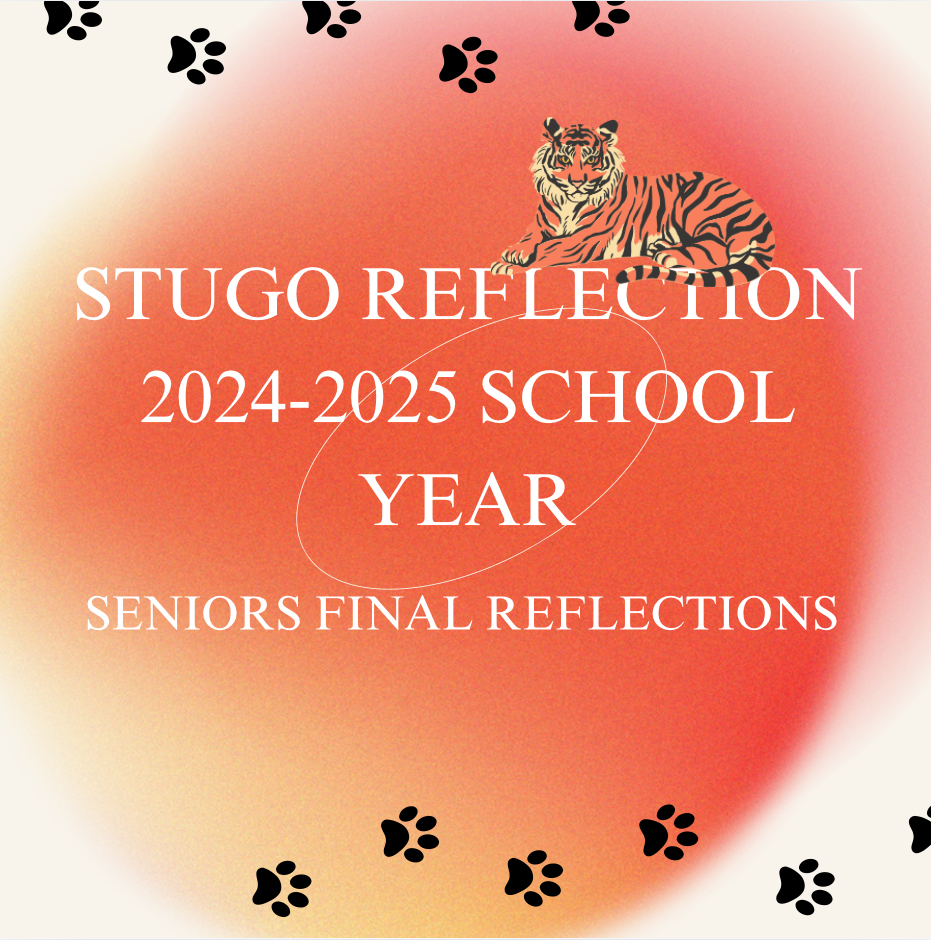





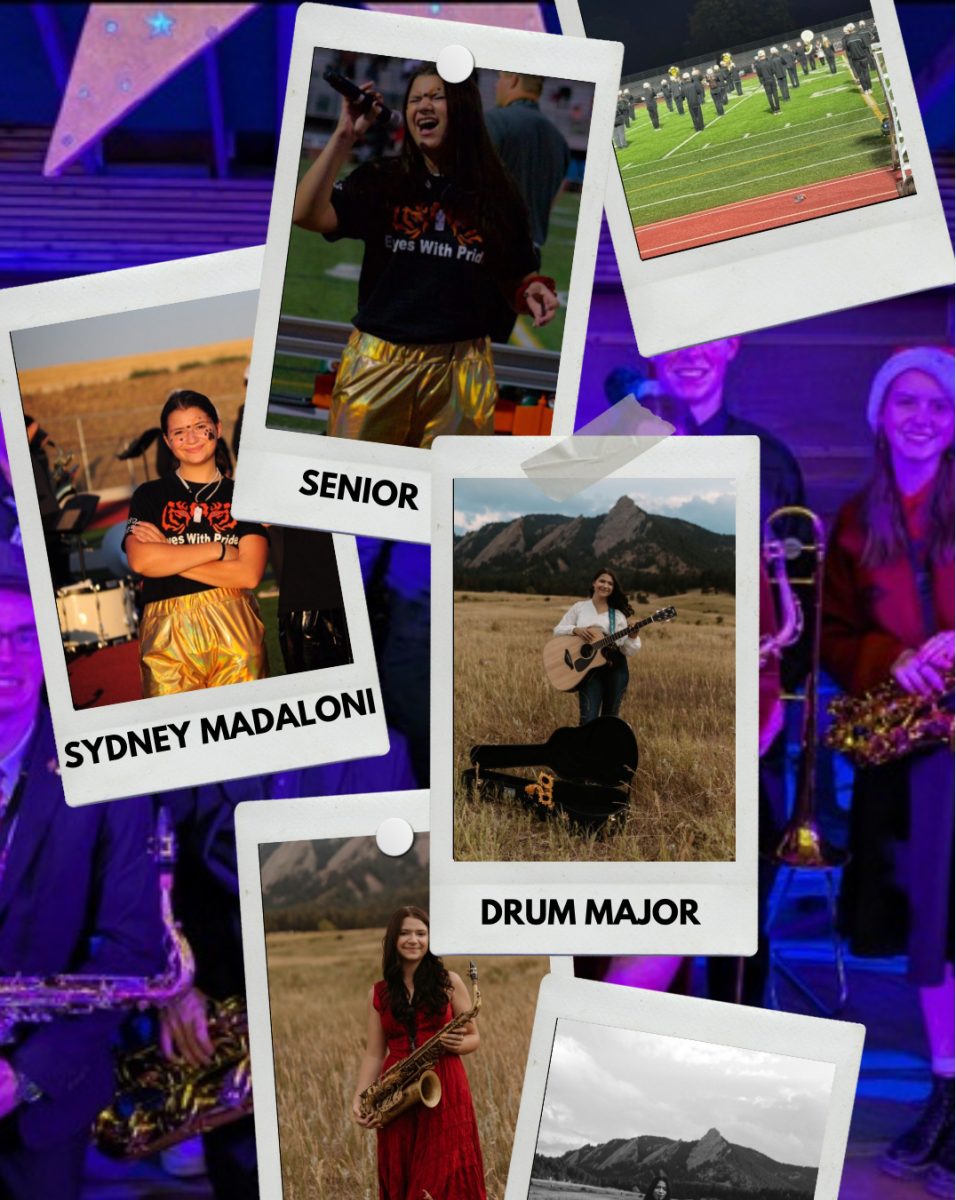

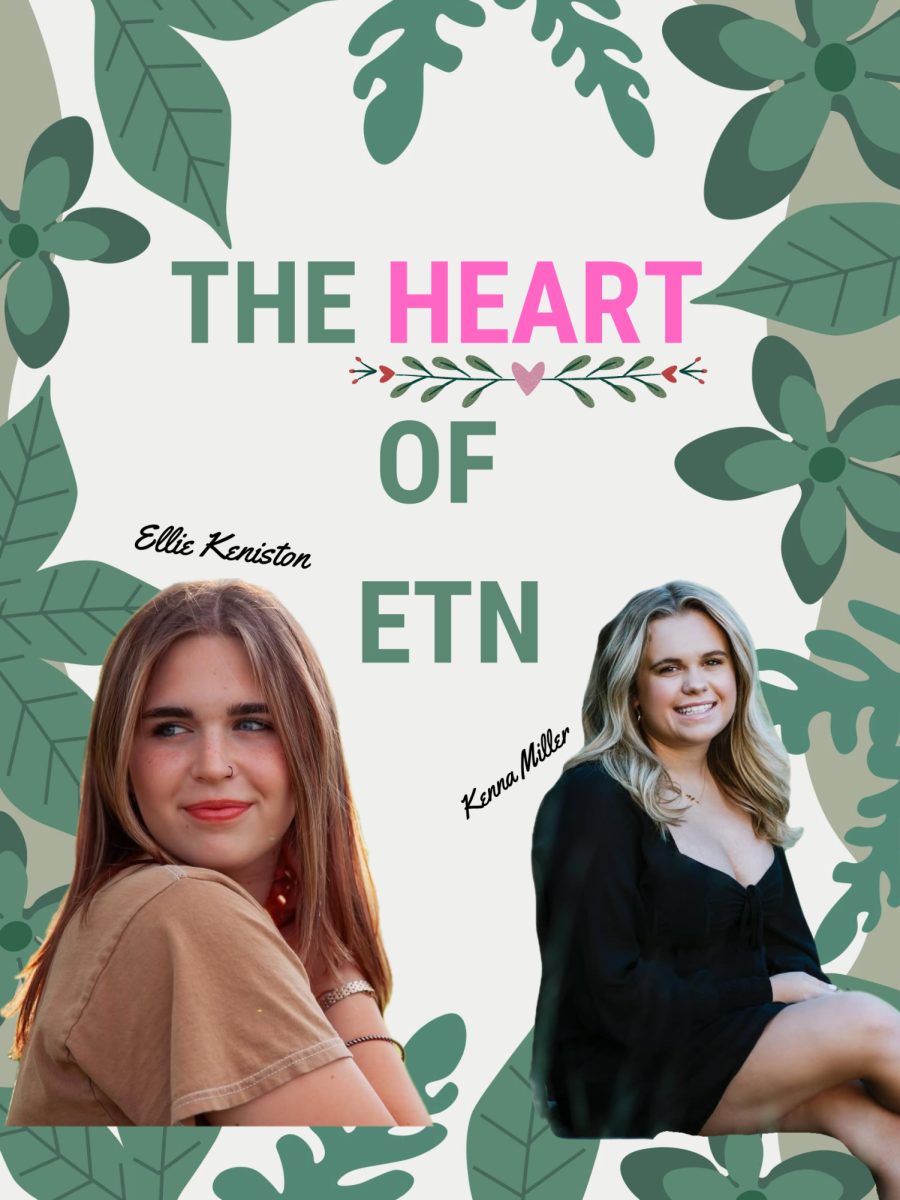






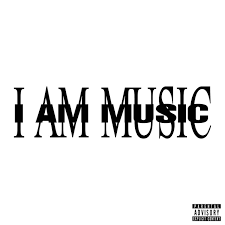





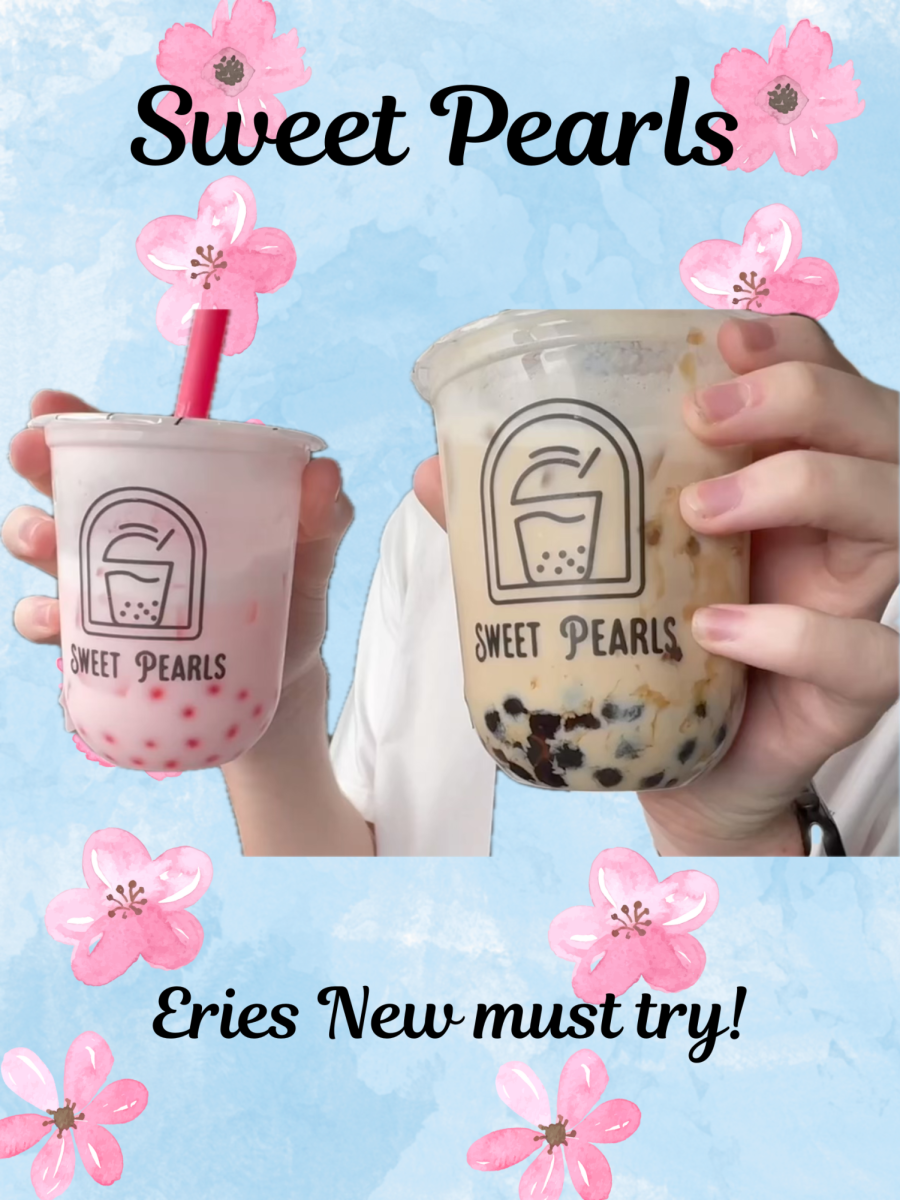










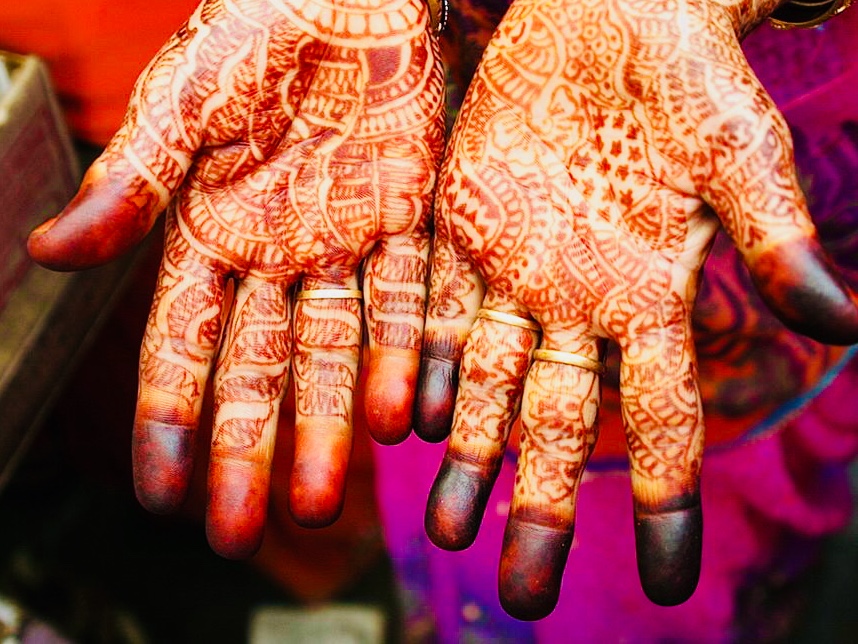


Justine May Bose • Oct 14, 2020 at 7:24 pm
Straight hair, I really like straight hair look because iron to achive of hair . The different standards in beauty.
• Korie Gallagher • • May 11, 2018 at 10:00 am
Good job on this article Emma! I really liked how you included the diversity of the different standards in beauty.